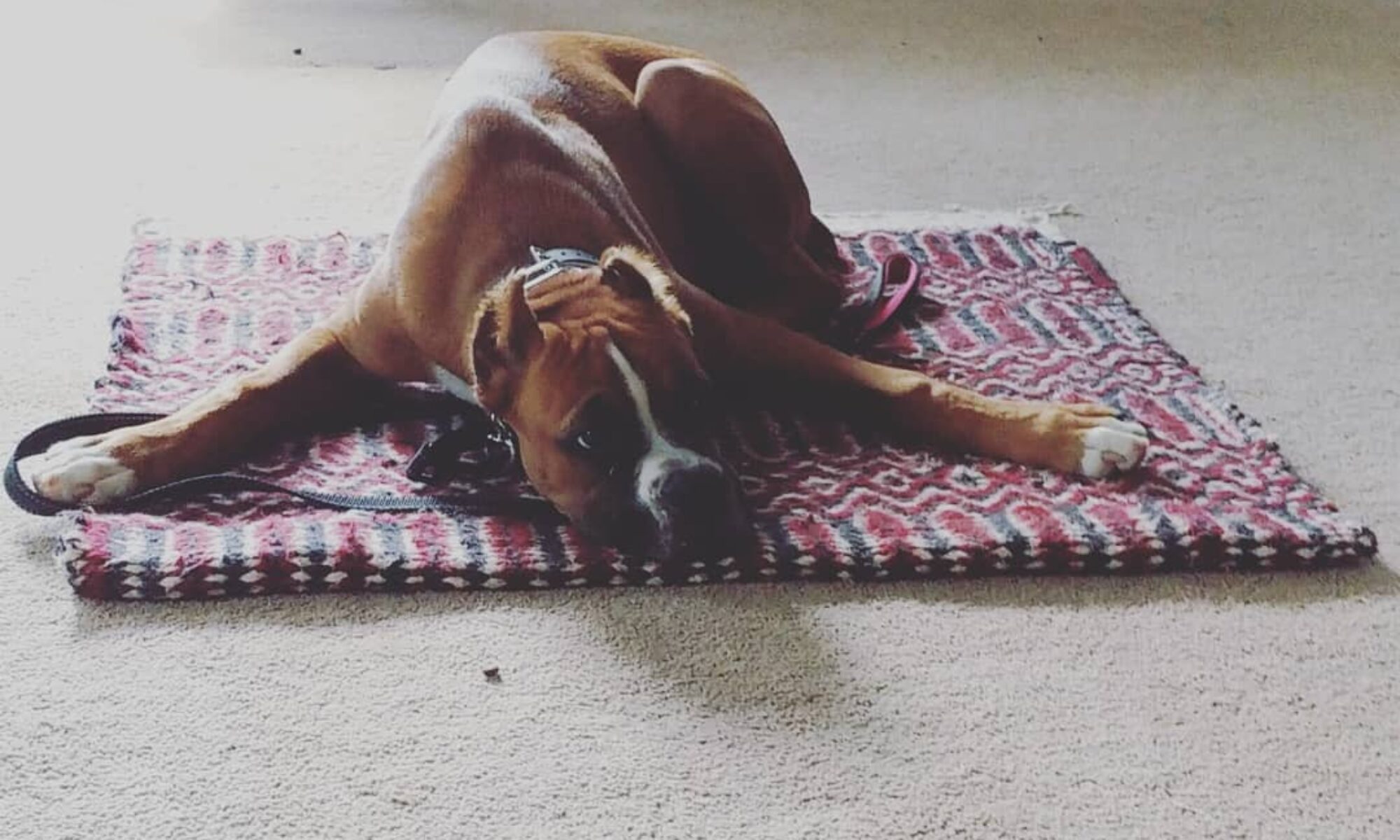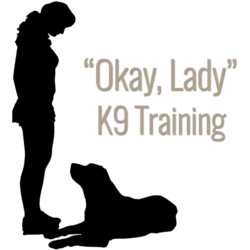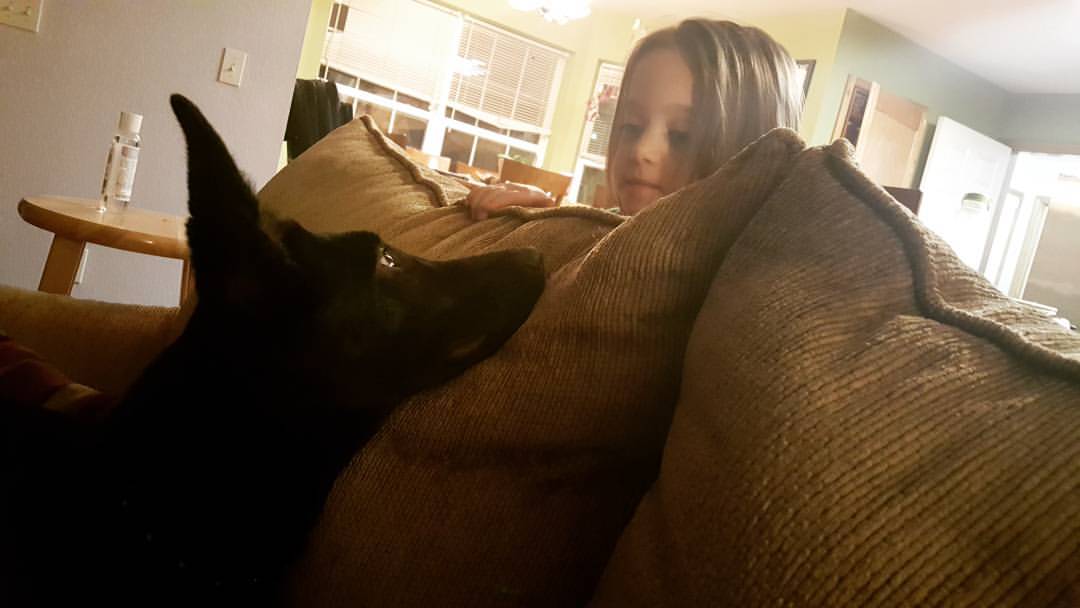From the time you bring your puppy home (about 8 weeks of age) until about 16 weeks of age, you can expect it to go through its first fear stage. There is no way to tell at which age it will begin or end or how long it will last for each individual puppy, but it will occur at some point between these ages of life. During this stage, your puppy is being deeply programmed to understand the difference between things are will hurt them and things that are safe. The impressions that are made at this time are very difficult to change later in life.
As an owner, it is important to make sure that there is no confusion in this area. If introduced to people, other dogs, animals, etc., in the wrong way, it can lead to a dog that is aggressive later in life. If not introduced to certain objects, noises, and circumstances at all, it can lead to a fearful adult dog. This is where the term “socialization” comes it – and it is not what you think. (I like the term “exposure” better.) It is important to expose your puppy to the outside world while they are young, but they don’t necessarily need to “meet” anybody in it. Socializing at this age is all about giving the puppy positive exposure to the things they may encounter in the future. When “introducing” your puppy to other people, children, babies, etc. the goal is not to encourage touching at all. It is to encourage coexistence.
When I first began learning this concept, I was the owner of a 10 week old German Shepherd puppy. I thought I would take her to a high school football game to expose her to all the noise and people. I encouraged as many people as wanted to to hold and pet her, not really paying attention to her reaction. I thought I was doing the right thing by socializing her. Fast forward a year, and I had a full grown German Shepherd who barked, growled, and ran away from anybody who came into the house .Thankfully I was able to work with her over the years, and the problem is almost completely gone. Lesson learned. Now when I have puppies, I may take the to high school football games, but when somebody asks if they can pet my puppy, my response is, “It’s up to him/her. If they don’t want to be pet, then you’ll have to wait until later.” The puppy is allowed to walk or move away from the person who wants to meet him/her, and if he/she does, the meeting is over – and nobody is ever allowed to hold the puppy. This has been very successful for me.
The same is true for introducing a puppy at this age to other dogs and puppies. If I do not know the other animal, there is no meeting. I want all meetings with other animals to be 100% positive. I do not want to create a belief in my new puppy that all dogs and other animals are dangerous.
The rule of thumb for all puppies up to 16 weeks of age is positive experience after positive experience. If you can provide this with hundred of different situations, you will be well on your way to a confident, balanced, well-adjusted dog.
You can find hundreds of training tips, videos, and how-to’s on my YouTube page https://www.youtube.com/channel/UCMwZQ9Caz-jo9GyIkojEuug… or on my website www.okayladyk9training.com


